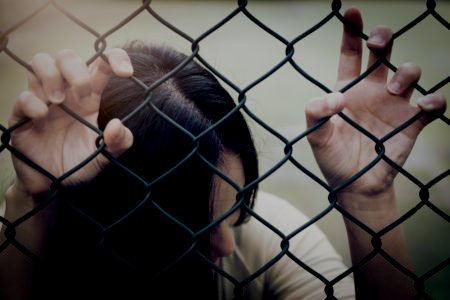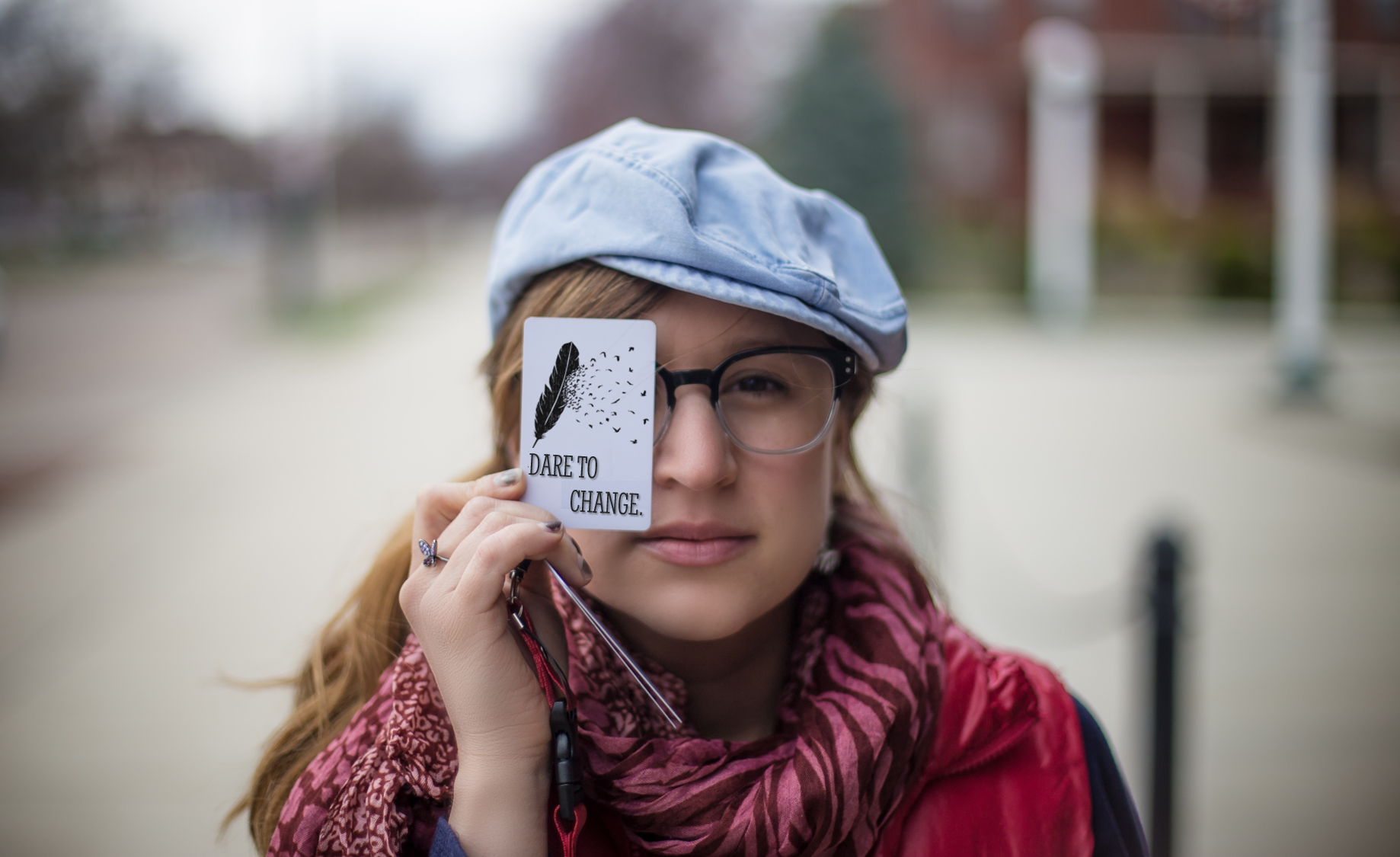Central America is an extremely dangerous place to be female. Women endure not only the familiar social insults – teen marriage, teen motherhood, and the resulting economic dependency – but also the criminal insults of domestic violence, trafficking, and femicide. Rates of domestic violence exceed 50% in some places; indeed, the UN reports that El Salvador and Honduras have the highest rates of femicide in the world (among countries that report it). The emergence of drug cartels as major economic producers – and de facto states within states – has exacerbated all types of violence, including crimes against women. Tragically, femicide now feeds the maelstrom of forces propelling the most desperate toward our southern border.
Femicide, el feminicidio, burst into the news in the 1990’s. Chilling stories of young women – first tortured, then murdered, for no apparent reason – shocked the world. The locale was Ciudad Juárez in Mexico, a haven for drug traffickers moving contraband into the US. The murders, mostly of low-wage factory workers, abated for a time and then resumed, spiking again in 2010. This time the victims were teenagers – high school girls whose abductions and gruesome deaths sent a frisson around the world. In all, about 1,000 women and girls have been murdered in Ciudad Juárez.
Latin America tolerates high levels of violence against women, but these crimes put the region on alert. Now, with United Nations leadership, Latin America is one of the few regions in the developing world that tracks femicide and (sometimes) intimate-partner homicide separately from other homicides. Such record-keeping has at least allowed the problem to be monitored. In 2018, UNWomen reported “Latin America is home to 14 of the 25 countries with the highest rates of femicide in the world, and 12 women and girls in the region are killed every day because of their gender.”
Femicide in Central America has grown to such proportions that it now poses a moral and humanitarian challenge to the world and a practical challenge to the United States. We Americans bear a significant measure of responsibility for the situation in Central America. Our 20th century interventions installed and armed dictators, snuffing out the democratic and economic aspirations of entire populations. Our War on Drugs trained and armed corrupt policemen, who quickly changed sides and joined the cartels. Now we cruelly turn away asylum-seekers who flee this living hell. Abiding by our laws, they arrive at legal ports of entry to request asylum, yet we require them to live in dangerous, harsh conditions, hoping they’ll give up and return home. Everything about this is unworthy of us. It mocks our values. Recognizing that we contributed to the violence roiling Central America, we must do better.
The situation is most dangerous for women and girls. Politicians, even on the left, wring their hands but do not propose workable alternatives. Their paralysis prolongs the misery and danger week after week. Please – contact your political representatives and insist that they draft humane counter-proposals – now! A society that claims to value and protect women must protect the desperate women who risk everything to reach its border.
Beverly Hill is Founder and President of the Gendercide Awareness Project, based in Dallas, Texas. Contact: beverlybhill@gmail.com












